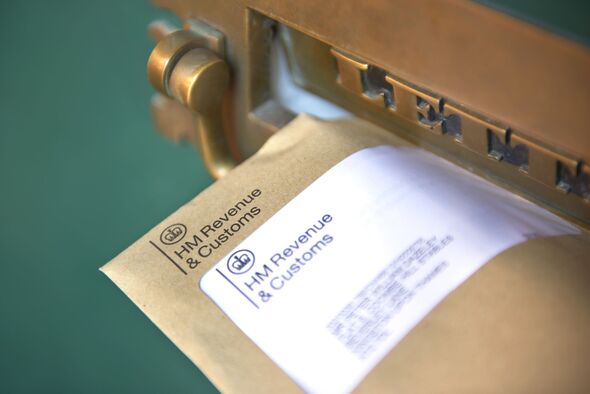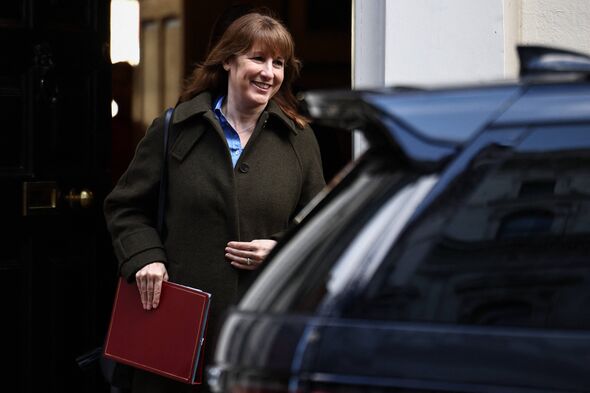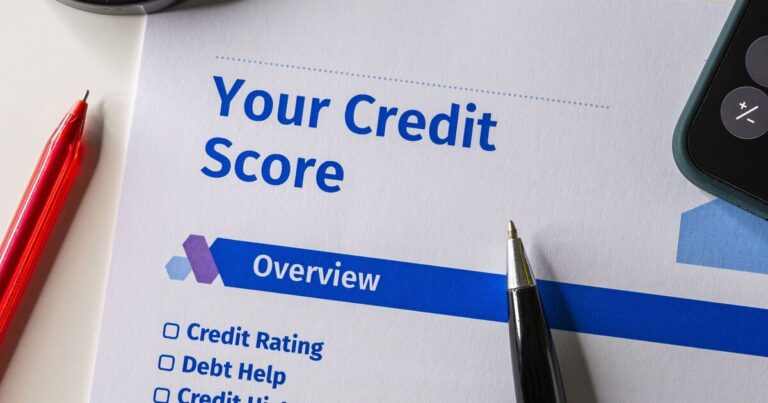
UK households face being issued a £100 fine from His Majesty’s Revenue and Customs (HMRC) if they miss an important January deadline.
The government body has warned there is now just one month left for Self Assessment tax returns for the 2023 to 2024 tax year to be filed and paid.
Anyone who fails to do this by midnight on January 31, 2025 must then pay a £100 late filing fine for tax returns that are submitted up to three months late.
This fee will increase even further if tax returns are submitted later than this and households will be charged interest on late payments.
If you have a reasonable excuse that stopped you from filing and paying before the January deadline you can appeal the penalty. HMRC says a reasonable excuse can include any of the following:
-
your partner or another close relative died shortly before the tax return or payment deadline
-
you had an unexpected stay in hospital that prevented you from dealing with your tax affairs
-
you had a serious or life-threatening illness
-
your computer or software failed just before or while you were preparing your online return
-
service issues with HMRC online services
-
a fire, flood or theft prevented you from completing your tax return
-
postal delays that you could not have predicted
-
delays related to a disability or mental illness you have
-
you were unaware of or misunderstood your legal obligation
-
you relied on someone else to send your return and they did not
You must send your tax return or payment as soon as possible after your reasonable excuse is resolved and you cannot blame a cheque being bounced or a failed payment for missing the deadline, or say you submitted it late because HMRC didn’t send you a reminder.
You are required to submit a tax return to HMRC if, in the last tax year from April 6, 2023, to April 5, 2024, any of the following applied:
-
you were self-employed as a ‘sole trader’ and earned more than £1,000 (before taking off anything you can claim tax relief on)
-
you were a partner in a business partnership
-
you had a total taxable income of more than £150,000
-
you had to pay Capital Gains Tax when you sold or ‘disposed of’ something that increased in value
-
you had to pay the High Income Child Benefit Charge
You may also need to send a tax return if you have any untaxed income from things like renting out a property, income from savings, investments and dividends, tips and commission, or foreign income.
Anyone who is unable to pay their tax bill in full by the January deadline can spread the cost using HMRC’s online ‘Time to Pay’ system, but you must file your Self Assessment tax return before setting up this arrangement.
If you can’t pay your tax bill in full, or you owe less than £30,000 and are eligible, you can apply online without having to contact HMRC directly, while those that owe more than £30,000 can still apply but need to contact HMRC.
Myrtle Lloyd, HMRC’s Director General for Customer Services, said: “We’re here to help customers get their tax right and if you are worried about how to pay your Self Assessment bill, help and support is available.
“Customers can set up their online payment plan to suit their own financial circumstances and can spread those payments across a maximum of 12 months. It is a valuable option for someone needing extra flexibility in meeting their tax obligations.”


















